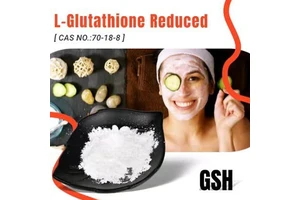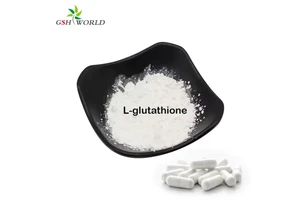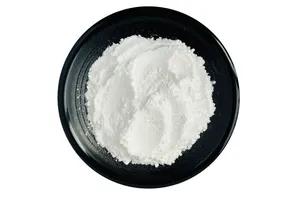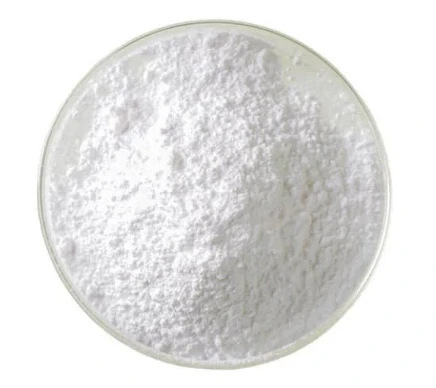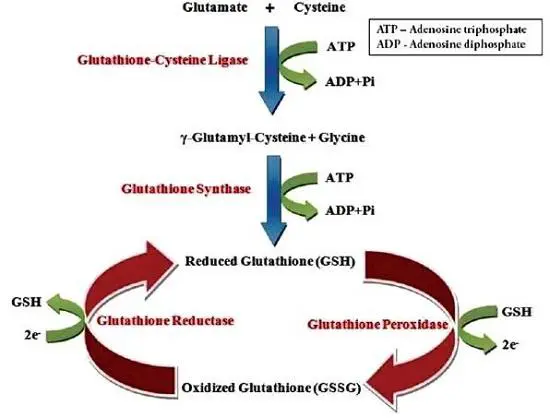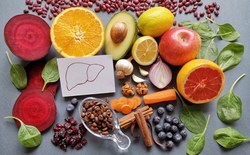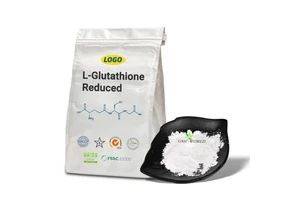6 methods to increase glutathione and boost immunity
Glutathione is beneficial to cancer, cardiovascular and cerebrovascular diseases, and diabetes patients. There are 6 ways to increase glutathione and improve immunity!
Glutathione, which you often hear its name in recent years, is widely used as a supplement. Glutathione, commonly used to enhance the immune system, is a very good antioxidant.

What is glutathione?
Glutathione is actually a protein compound in the natural structure of cells in our body. Due to aging and nutrient deficiency, the storage of glutathione will decrease over time.
Glutathione produced by the liver can serve as a barrier to prevent cell damage. It also has the ability to purify the liver from chemicals.
It plays an important role in enhancing the immune system and controlling cell growth and destruction.
Symptoms of glutathione deficiency
The symptoms of glutathione deficiency depend on whether a person has mild, moderate, or severe illness. The main symptom of mild glutathione deficiency is anemia. The symptoms of anemia may include fatigue, pale skin, dizziness, and shortness of breath. Some people's spleens may be too large.
The symptoms of moderate glutathione deficiency are nausea, vomiting, and fatigue.
Severe glutathione deficiency can also affect the brain, leading to neurological problems.
Neurological issues may include seizures, difficulty coordinating mental and motor functions, developmental delays, and difficulty learning to speak.
In severe glutathione deficiency, some children have very stiff muscles. May increase the risk of recurrent bacterial infections. There may be issues that affect the eyes.
The benefits of glutathione can be briefly listed as follows:
- • Support the immune system
- • Activate vitamins C and E
- • Decompose free radicals
- • Activate some enzymes
- • Support the liver and gallbladder to break down fat
- • Metabolic toxins
- • DNA formation and damage repair
Glutathione is beneficial for certain diseases:
- • Cardiovascular diseases such as heart attack and arteriosclerosis
- • High cholesterol
- • Joint rheumatism
- • Infectious diseases
- • Cancer
- • Alzheimer's disease
- • Parkinson's disease
- • diabetes
- • Joint calcification (osteoarthritis)
- • Cataract
- • Asthma
- • Liver diseases such as jaundice
- • Chronic fatigue syndrome
- • Vascular obstruction
- • Intestinal inflammation
- • Glaucoma
- • Heart disease
- • General liver diseases
How to increase glutathione levels?
Experts say that oxidative stress caused by factors such as pollution, smoking, and excessive alcohol consumption can lead to depletion of glutathione. Chronic diseases and medical conditions such as infections may increase the demand for glutathione. This in turn will consume glutathione levels.

Toxins from drugs, chemicals, and heavy metals can also reduce glutathione. A poor diet lacking fruits and vegetables can also affect their levels.
1. Eat more foods rich in sulfur
Eat more foods containing sulfur-containing amino acids such as cysteine and methionine.
For example, lean meat proteins such as garlic, onions, cabbage, cauliflower, broccoli, as well as chicken and fish. These will provide the basic materials for the production of glutathione.
2. Supplements
Consider taking glutathione supplements such as N-acetylcysteine and alpha lipoic acid, which can support the synthesis of glutathione.
Attention: This type of supplement should be used under the guidance of a doctor.
3. Eat more foods rich in antioxidants
Foods rich in vitamins C and E, selenium, and zinc help protect existing glutathione molecules and promote their regeneration. Citrus fruits, berries, nuts, seeds, and whole grains can be very helpful.
4. Regularly engage in physical activity
Regular exercise can help increase glutathione levels and reduce oxidative stress.
Aerobic exercise and strength training both help stimulate the production of glutathione. But don't overtraining, especially when your diet is poor and you're not getting enough rest.
5. Adequate sleep and stress management
Prioritizing high-quality sleep and controlling stress can not only prevent dark circles under the eyes, but also help maintain optimal levels of glutathione.
Chronic stress and sleep deprivation can deplete glutathione levels. Therefore, maintaining sleep quality and practicing stress reducing techniques such as yoga, meditation, and deep breathing can help maintain high levels of glutathione.
6. Turmeric
Compared to spices, the curcumin content in turmeric extract is more concentrated.
According to a study published by the National Library of Medicine in 1990, turmeric and curcumin extracts help to increase glutathione levels.

